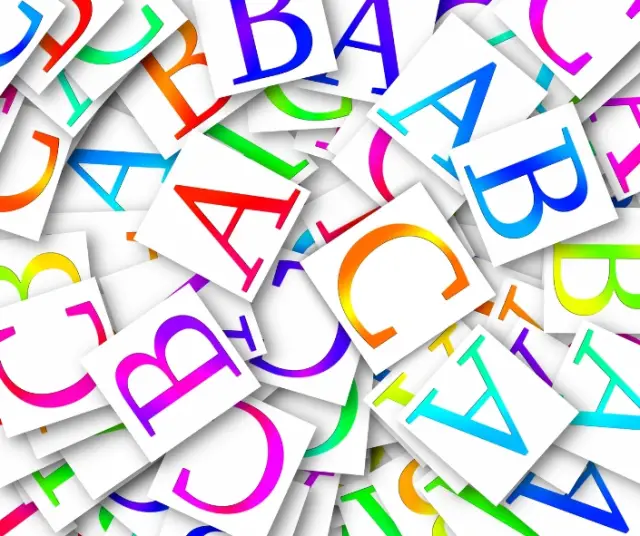International Literacy Day is celebrated on September 8, a date that seeks to highlight the importance of education and the development of reading and writing skills throughout the world. Literacy is a fundamental human right and an essential tool for personal development, equal opportunities and social progress.
The importance of literacy
Literacy is essential for the individual and collective development of people. It allows access to information, knowledge and learning opportunities, which in turn contributes to improving the quality of life, autonomy and economic development. Literacy is not limited to just the ability to read and write, but involves the understanding, interpretation and critical use of information.
In addition, literacy is a determining factor in reducing poverty, inequality and discrimination. People who are able to read and write have a better chance of accessing decent jobs, participating actively in society and fully exercising their citizenship rights.
Literacy challenges
Despite the progress made in literacy, there are still significant challenges around the world. According to UNESCO , approximately 773 million adults in the world do not have basic reading and writing skills. Lack of access to quality education, poverty, gender discrimination, conflicts and lack of resources are some of the main obstacles to literacy.
Likewise, the digital divide represents an additional challenge. In the age of information technology, digital literacy has become increasingly important. Those who do not have access to new technologies risk being left out and face greater barriers to education and employment.
Global literacy initiatives and programs
Faced with the challenges of literacy, numerous organizations and governments around the world have implemented initiatives and programs to promote and improve literacy. UNESCO has played a key role in this regard, leading international efforts to ensure quality education for all.
In addition, specific programs have been established in developing countries, focused on adult literacy, basic education and the inclusion of marginalized groups. These programs seek to provide educational opportunities to those who have been excluded from the traditional educational system.
The role of technology in literacy
Technology plays an increasingly important role in promoting literacy. Advances in information and communication technologies have expanded learning opportunities, allowing access to online educational resources and interactive programs. Digital literacy has become essential in an increasingly digitized world.
However, it is important to ensure that technology is accessible and equitable, avoiding the digital divide and ensuring that the most vulnerable communities have access to the necessary resources. In addition, it is essential to complement the use of technology with appropriate pedagogical approaches that promote understanding and critical thinking.
In Colombia , International Literacy Day, celebrated on September 8, is commemorated in various ways to promote the importance of literacy and access to education. Below are some of the activities and actions carried out in the country:
- Awareness campaigns: Educational, government and civil society organizations carry out awareness campaigns to highlight the importance of literacy and the right to education. These campaigns include the dissemination of information in the media, social networks, and the organization of events and conferences.
- Literacy Programs: In Colombia, there are literacy programs implemented by the National Government and non-governmental organizations, which focus on providing basic education and literacy to adults who did not have the opportunity to learn to read and write. These programs are developed in different communities and regions of the country, with the aim of reducing illiteracy rates and promoting access to education.
- Fairs and educational activities: In some cities and towns, educational fairs are held where literacy is promoted and information and counseling services are offered to the community. These fairs usually have the participation of educational institutions, libraries, social and government organizations, and offer recreational activities, workshops on reading, writing and other skills related to literacy.
- Cultural and artistic events: International Literacy Day is also celebrated through cultural and artistic events. Poetry competitions, storytelling, book exhibitions and plays related to literature and literacy are organized. These events seek to encourage a love of reading and promote creative expression among children, youth and adults.
It is the responsibility of governments, organizations and society as a whole to work together to overcome the challenges and build a world in which all people have access to quality education and can fully develop their potential.
